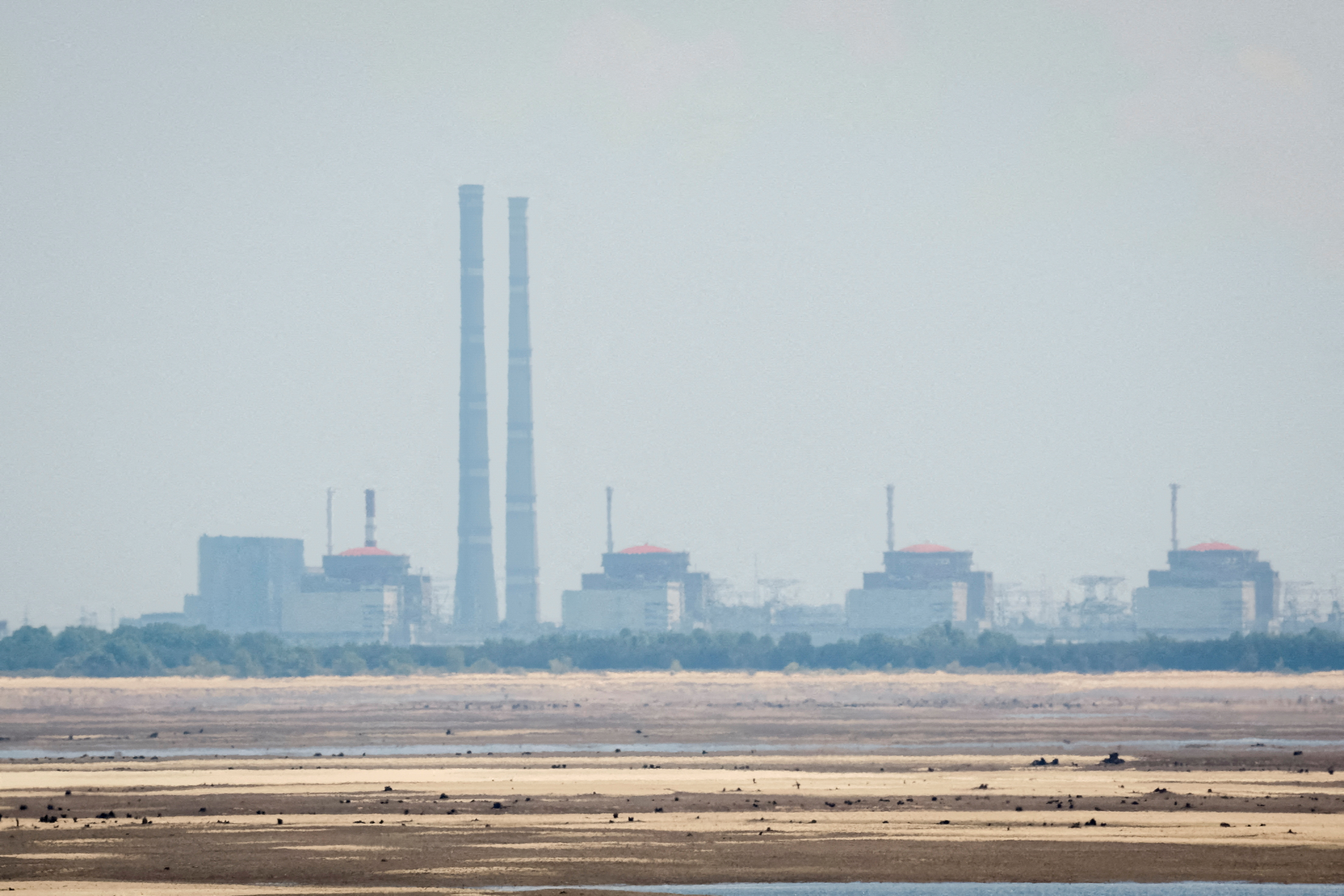All external power lines supplying electricity to the Russian-occupied Zaporizhzhia Nuclear Power Plant in Ukraine were down for several hours on Friday, the UN nuclear watchdog said, and Ukraine blamed Russian shelling for severing the last power line.
The head of the International Atomic Energy Agency, Rafael Grossi, acknowledged that power had been restored after three-and-a-half hours. But he added in a statement on X that nuclear safety “remains extremely precarious in Ukraine.”
Europe’s biggest nuclear power plant, which is not operating but still requires power to keep its nuclear fuel cool, has switched to running on diesel generators, the International Atomic Energy Agency said.
The IAEA has repeatedly warned of the risk of a catastrophic accident at Zaporizhzhia, which is located near the front line in the war in Ukraine. Its six reactors are shut down, but the nuclear fuel inside them still needs to be cooled, which requires constant power.
“Ukraine’s ZNPP lost all off-site power at 17:36 today, 9th time during military conflict and first since late 2023,” the IAEA said on X. “The ZNPP currently relies on power from its emergency diesel generators, underlining (the) extremely precarious nuclear safety situation.”
Ukraine’s energy minister, German Galuschenko, wrote on Telegram that a Russian strike had cut the plant off.
“The enemy struck the power line connecting the temporarily occupied (Zaporizhzhia Nuclear Plant) with the integrated power system of Ukraine.”
Ukrenergo, the sole operator of high-voltage lines in Ukraine, said its specialists had brought it back into service.
“Ukrenergo specialists have brought back into service the high-voltage line which supplies the temporarily occupied power station,” it said on Telegram.
Neither the IAEA nor the plant’s Russian-installed management initially cited a cause for the cut-off.
Russian forces seized the Zaporizhzhia station in the first weeks of Russia’s February 2022 invasion of Ukraine. Each side regularly accuses the other of firing or taking other actions that could trigger a nuclear accident.






Click here to change your cookie preferences